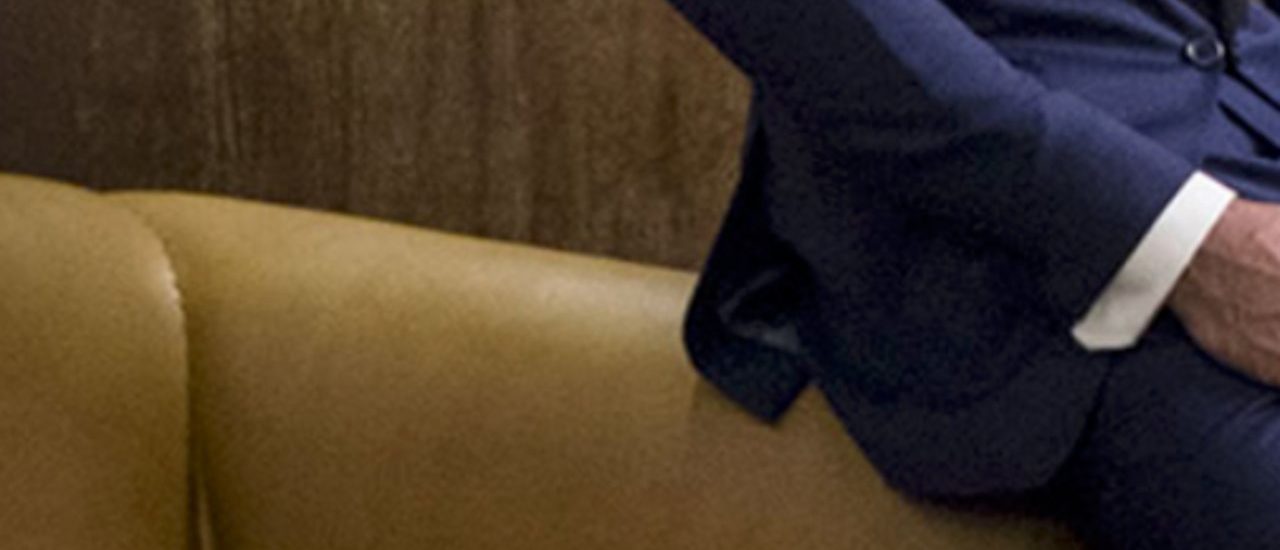Years ago a prominent spiritual leader shared the story of her first invitation to a high profile political fundraiser. She felt the invitation came due to her strong opened criticism of certain elected figureheads. The attendees would be renowned leaders, celebrities and revered advocates. She invested a great deal of time and money in styling herself for the occasion. Nervous, she roamed the lavish rooms of the host’s mansion where many people she had long admired stood near her. Almost immediately, she described becoming weak-kneed as the most beautiful man she had ever seen beamed at her from across the room. He was immaculately dressed in a tuxedo and seated on the arm of a sofa. She would look away only to look back and be greeted by his intensified smile.
Breathing deeply, she walked towards him.
He immediately greeted her by name then gently said, “Those you condemn and label as warmongers are no different than you. When you speak against them without first seeking to understand and love them, you, too, become a warmonger.”
She recalled in an instant how her whole body seemingly collapsed as she frantically moved towards a restroom. Inside, she fell to her knees and sobbed uncontrollably. After a long while she sheepishly reentered the gathering. The beautiful man was gone. She asked many of the guests who the tuxedoed gentleman was but no one recalled seeing anyone that matched her description. Even people seated on the same sofa looked at her strangely.
She would later name this mysterious man the tuxedoed Jesus. She felt that what he’d lovingly shared was true.
I’ve recalled this story many times with a willingness to assess my own reactive warmongering. Psychologist Carl Jung’s revelations on the shadow, the unknown dark side of our personality, suggests that what we judge in another is an unhealed aspect of our own nature. To not get lost in the singular condemning focus of mob energy is admittedly difficult. It provides a distraction from examining our own lives, and the manipulations of social media show how easy it is to escalate to vitriol without research literacy.
Committed to working on this in my own life, I visualize the sustaining smile and grace of Jesus’ face. Can I be as forgiving of myself as I search for tools to dissolve my barriers to loving all?
One of the most powerful experiences I facilitate is the printing of baby or adolescent pictures of controversial figures then passing them around in a circle of people. We begin the practice of Ho’oponopono, the powerful Hawaiian prayer whose mantra is “I love you. I’m sorry. Please forgive me. Thank you.” I do not reveal the identity of the child. It simply travels around the circle and the energy of the prayer is directed towards their innocence. The miracle of the prayer always melts, however slight, the harshest of hatred.
The energy of a tuxedoed Jesus beckons us to return to the unviolated essence of love. Like all pure intention, we find our personal pathway home through integrous devotion and a hungering to bear its witness. Love fuels vision. Vision births advocacy. And that lineage of advocacy transforms our world.
